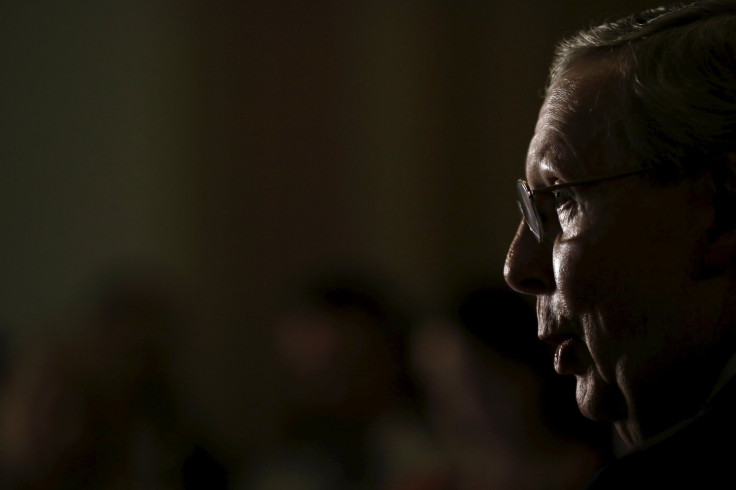ObamaCare Repeal 2015: Mitch McConnell Plans to Fast Track Medical Device Tax Vote; Supreme Court Decision Still Unknown

Senate Majority Leader Mitch McConnell, R-Ky., is getting the Senate ready to fast track an unpopular provision of Obamacare, the medical device tax. He started a process Monday to allow the Senate to consider a House-passed bill without first sending the measure to committee.
While the 2.3 percent sales tax on medical device taxes, which can include anything from defibrillators to surgical gloves, is a very minimal part of the bill, the provision’s repeal became a major talking point for Republicans going into the 2014 midterm elections and has attracted some support from prominent Democrats in Washington. The tax provides roughly $25 billion a year, and a vote to repeal would likely hit a presidential veto even if Republicans in the Senate are able to corral some Democratic votes.
The quest to repeal the device tax comes at an interesting time for Obamacare’s viability in general. The Supreme Court is to hand down a ruling before the end of the month on whether healthcare subsidies can be distributed through the federal exchange program or if they need to be distributed through state-run exchanges. The ruling could become a major roadblock for the law.
At the same time, Republicans in Congress are wrestling with how to make up for the sudden drop in subsidies for people who are currently getting them from the federal exchange if the Supreme Court rules against the Affordable Care Act. Though a specific plan has yet to be laid out by Republicans, McConnell has said Congress will provide one should the law be gutted.
"We'll have a plan that makes sense for the American people," he said. "If the plaintiff is successful it will require some addressing of the issue, and if that were to happen we'll be ready to announce our proposal."
Repealing the whole law would leave 19 million people uninsured who currently have coverage and add $353 billion to the federal deficit in the next 10 years.
© Copyright IBTimes 2024. All rights reserved.






















